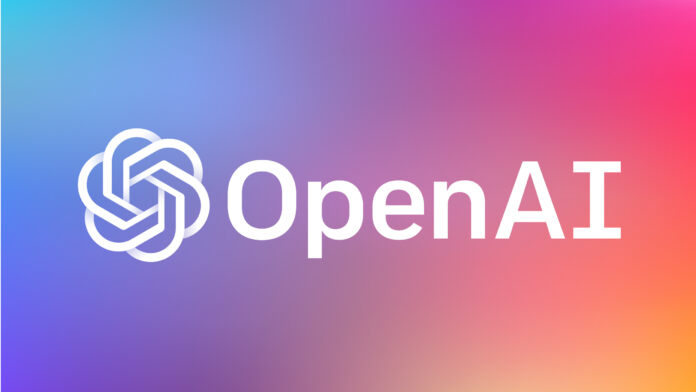OpenAI has recently announced the inception of a program named Data Partnerships, aimed at fostering collaborations with external organizations to generate new data sets for enhanced AI model training. This move is grounded in efforts to address the inherent flaws within existing AI training data sets which are noted for their biases and lack of diversity, particularly skewing towards U.S.- and Western-centric perspectives due to the dominance of Western images during initial compilations.
Expanding AI's Cultural and Linguistic Comprehension
The Data Partnerships initiative is intended to empower more entities to influence the trajectory of AI technology while benefiting from models that are increasingly proficient and versatile across varied domains. As OpenAI says in its blog post, achieving AI systems that are secure and beneficial for all of humanity necessitates models that have a deep comprehension of diverse subject matters, industries, cultures, and languages. This broad understanding requires training data sets that encompass a wide spectrum of human experiences.
OpenAI is procuring large-scale data sets that better mirror the human society, prioritizing resources not currently widespread on the internet. They are specifically seeking materials that embody human intentions, such as elaborate writings or dialogues in multiple languages, covering a variety of topics and layouts.
Ensuring Privacy and Accessibility in Data Collection
A dual approach is at the forefront of OpenAI's strategy, involving the creation of both open-source data sets accessible to the public for AI training endeavors, as well as private data sets tailored to specific organizational needs. The private collections are crafted for entities desiring to maintain data confidentiality while enhancing OpenAI model familiarity with their particular sectors.
OpenAI has already collaborated with the Icelandic Government and Miðeind ehf to augment GPT-4's proficiency in Icelandic and with the Free Law Project to refine models' interactions with legal texts. The company indicates it is equipped to digitize data, if necessary, utilizing tools such as optical character recognition and automatic speech recognition, while ensuring the exclusion of sensitive or personal information.
As OpenAI invites potential partners on board to aid in structuring AI that conscientiously comprehends the variegated nature of our world, the objective remains to produce AI applications that are immensely supportive and equitable to an extensive user base. However, the endeavor to ameliorate data set bias is an ongoing challenge faced by numerous experts worldwide.
In pursuing these partnerships, OpenAI acknowledges the importance of transparency in their processes and the complexities involved in curating these improved datasets. There is an underlying commercial incentive present as well—enhancing the performance of OpenAI's own models, potentially outpacing competitors, while the question of compensating data contributors remains a contentious issue.
The Data Partnerships project represents a strategic step by OpenAI, reflective of the company's commitment to advancing AI technology in a socially responsible manner. The full scope and impact of the initiative are yet to be explored as the tech community awaits further developments.






